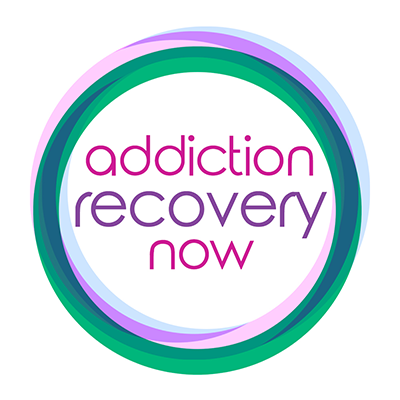Ensuring people with addiction and those in recovery have access to the same level of support as people with other chronic health conditions
Working with trade unions, business leaders, experts-by-experience and addiction organisations, we are developing a series of achievable employment pledges that would protect people in addiction and recovery from discrimination in the workplace and improve their access to treatment and support.
We will seek agreement on the changes needed to ensure that people in addiction and recovery receive the same level of support in the workplace as people with other chronic health conditions.


